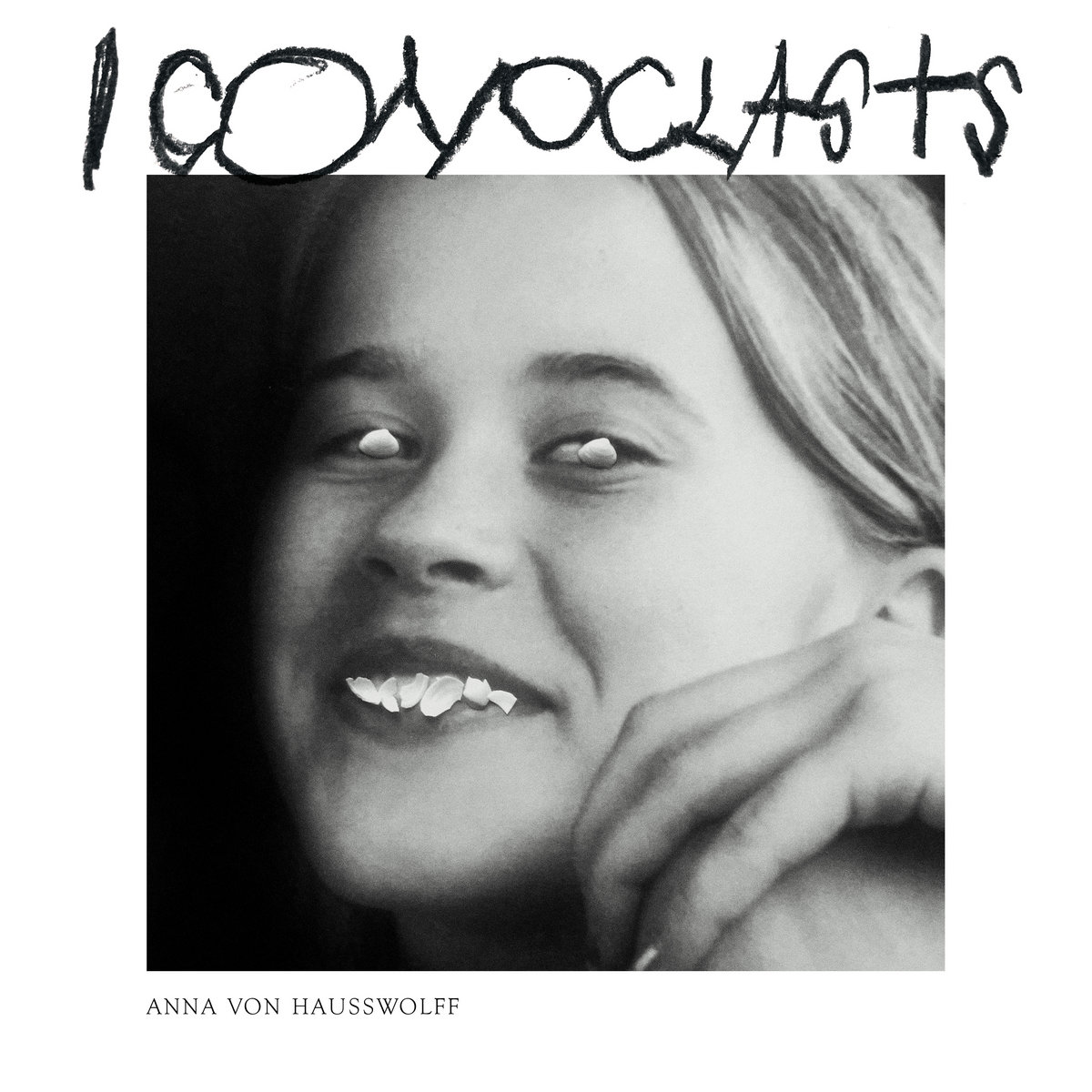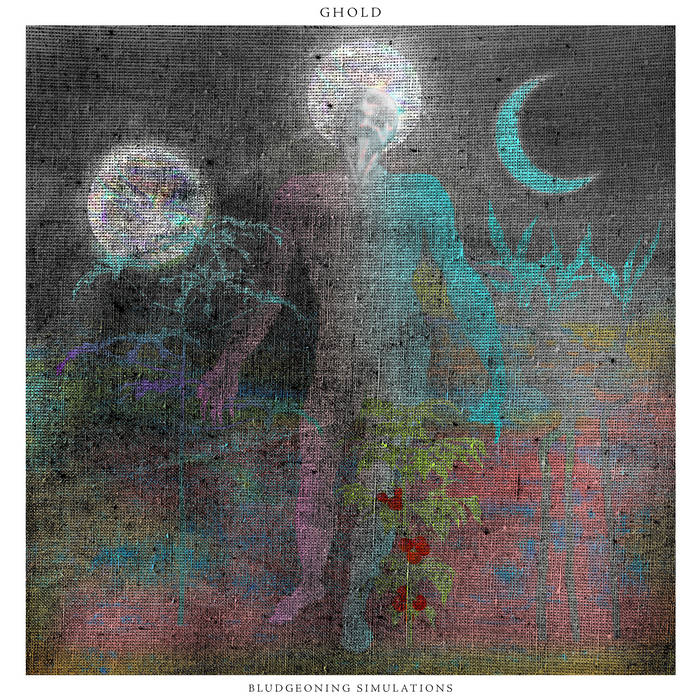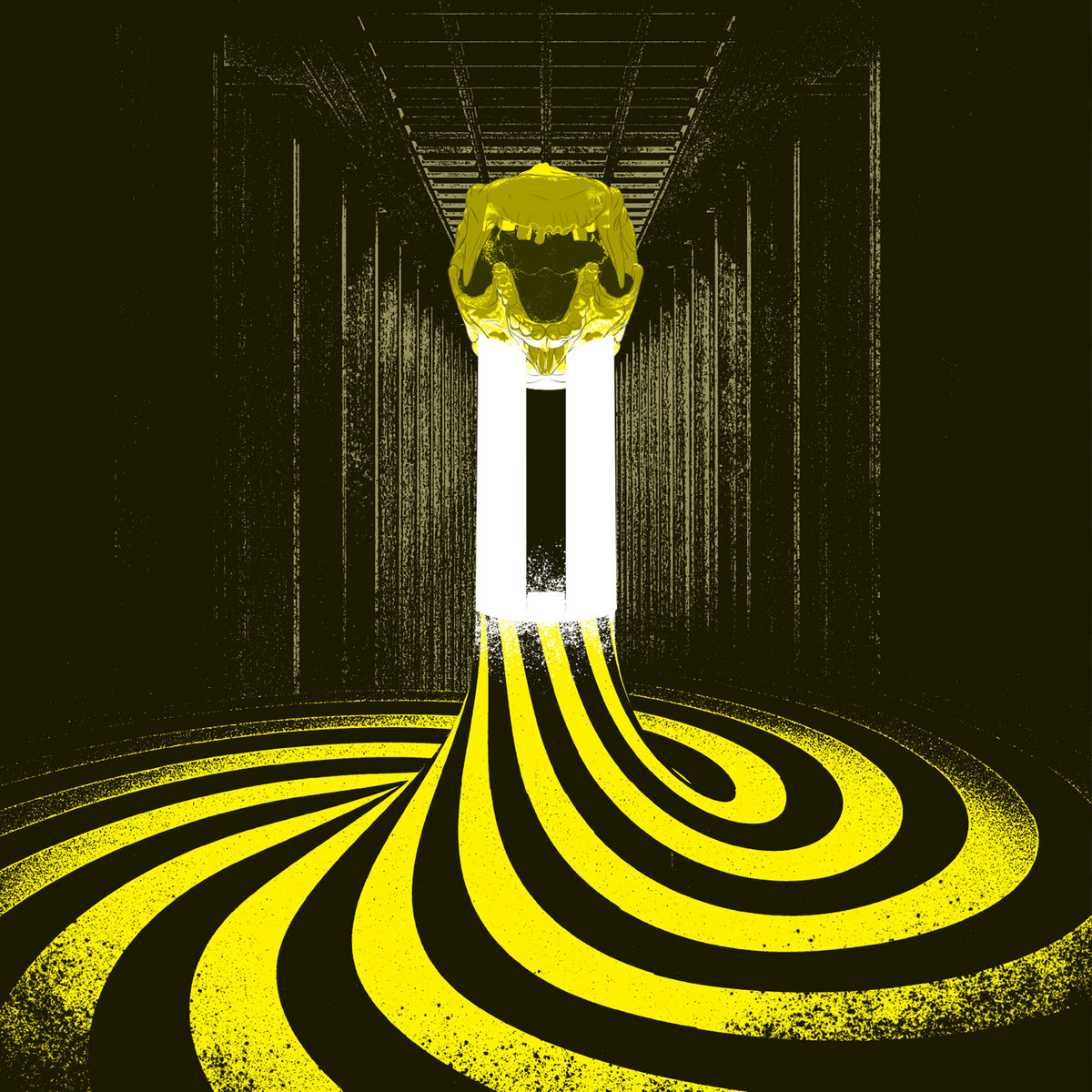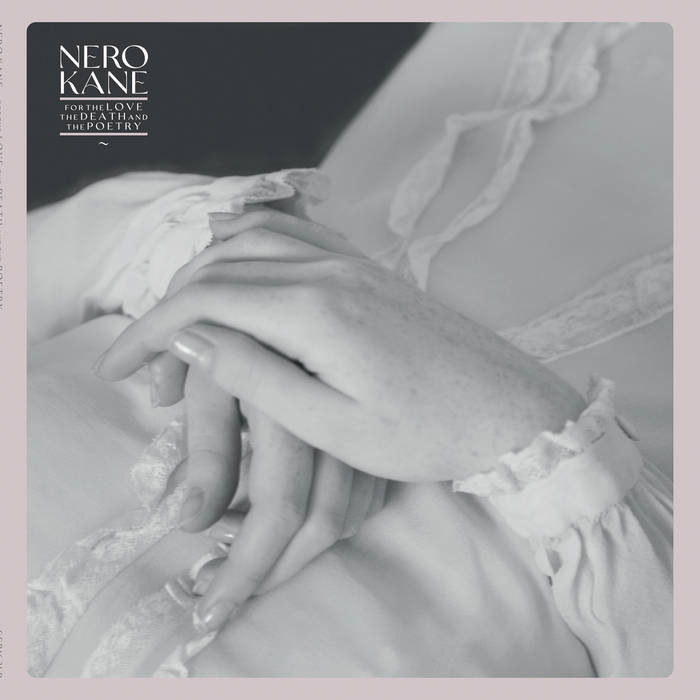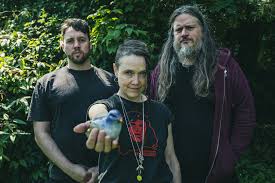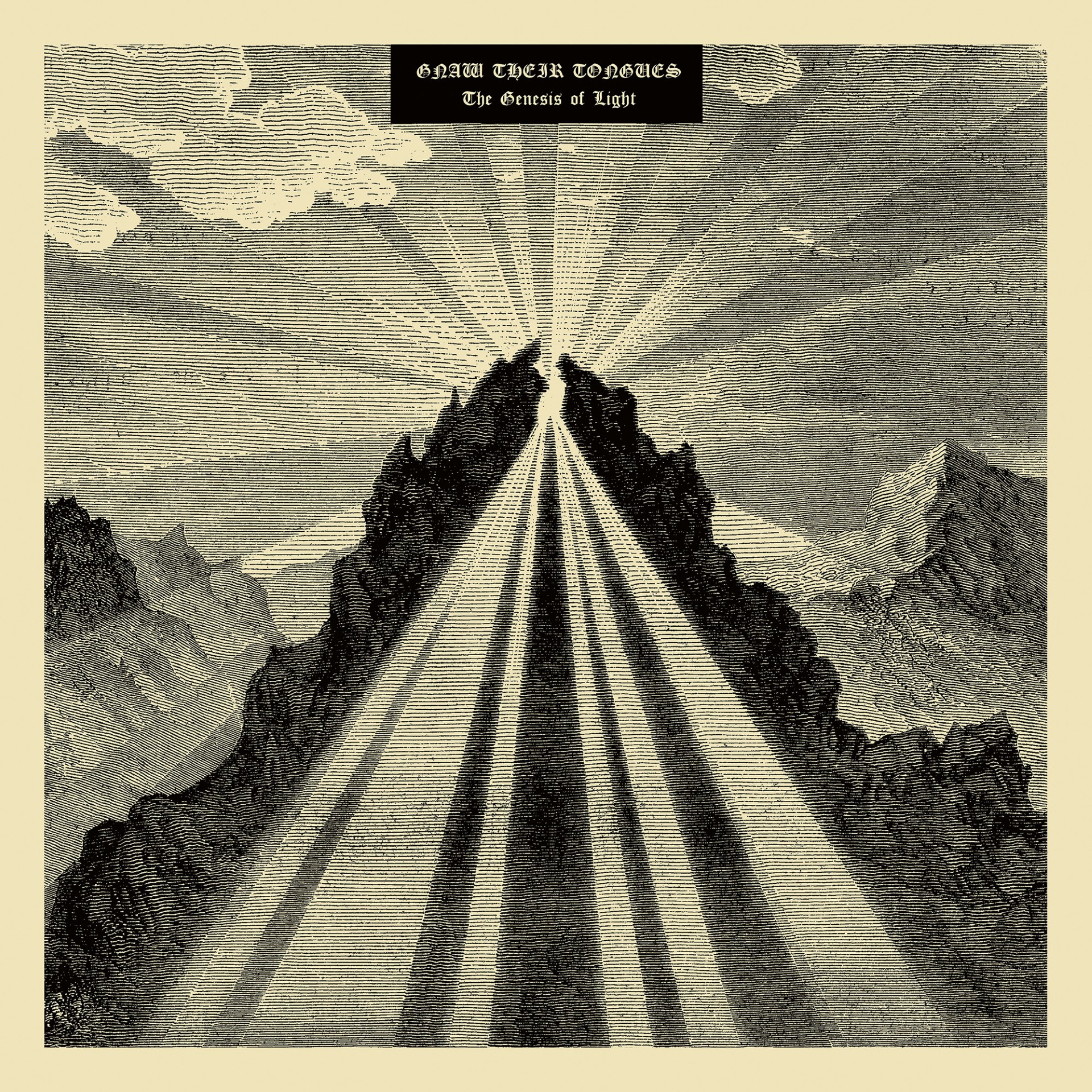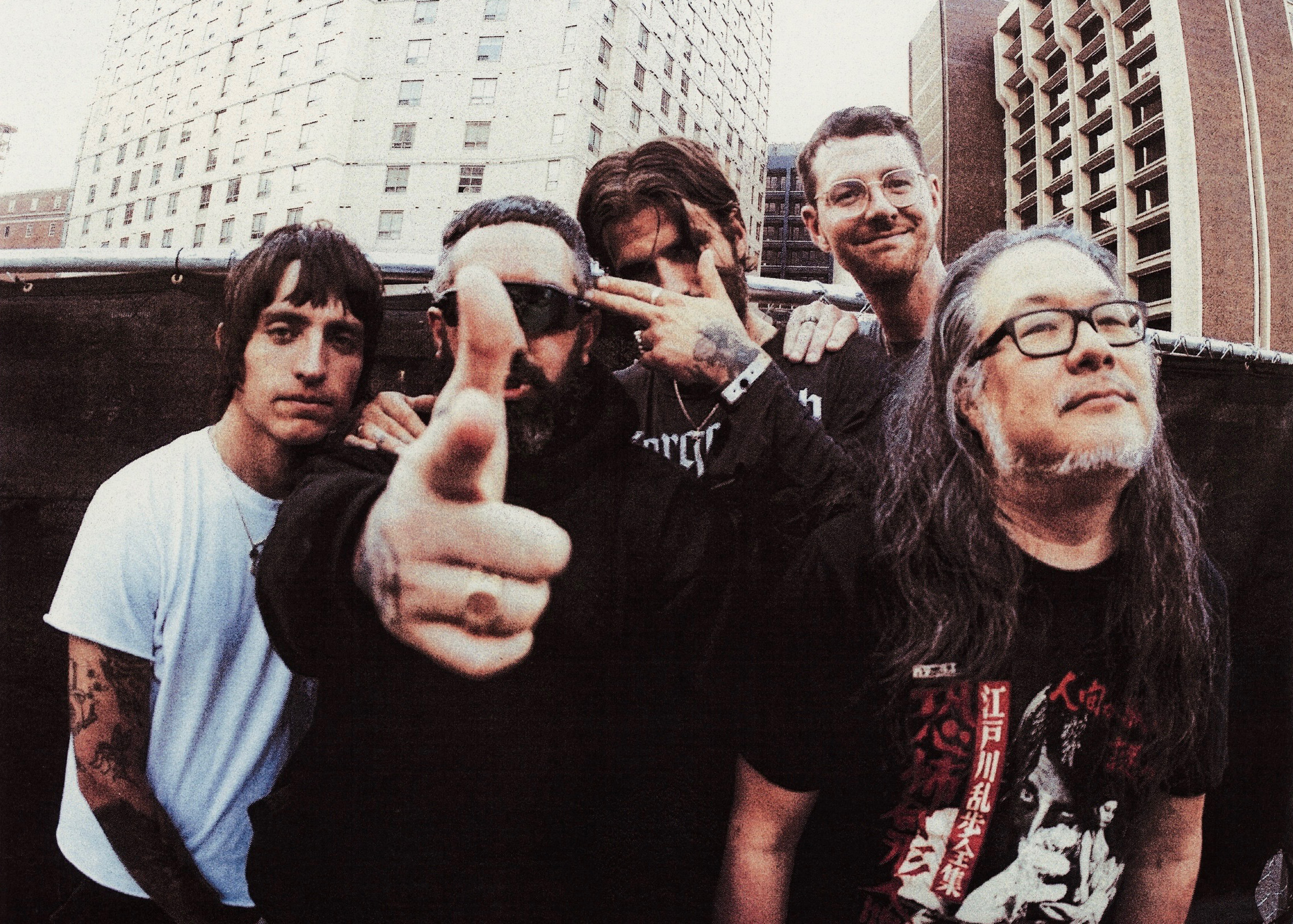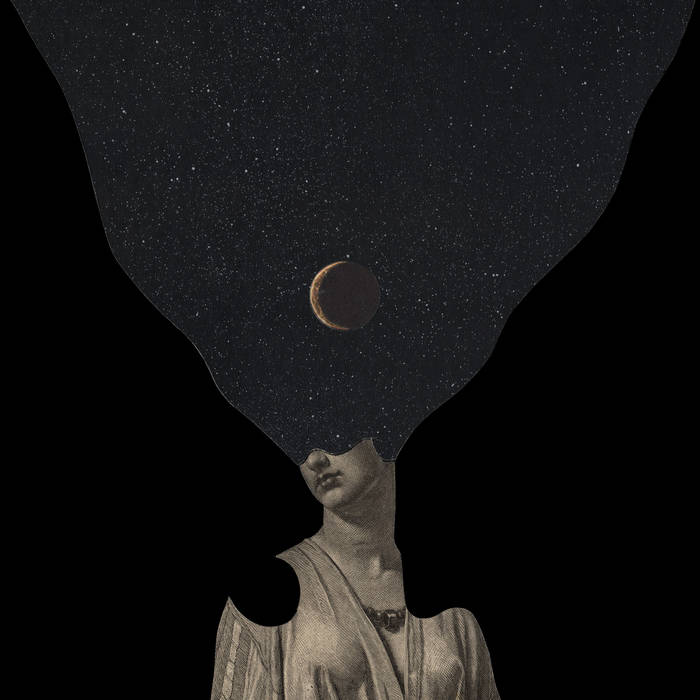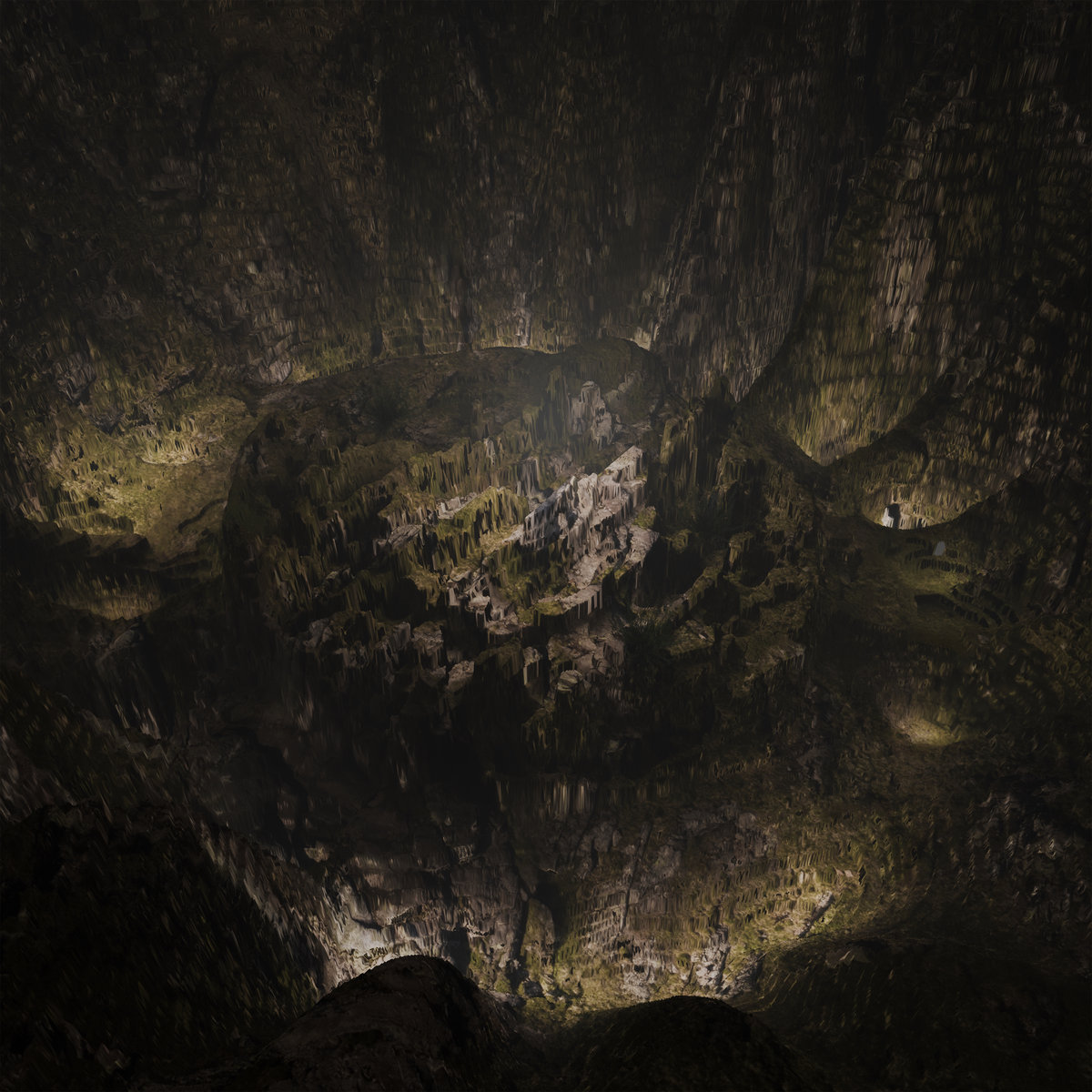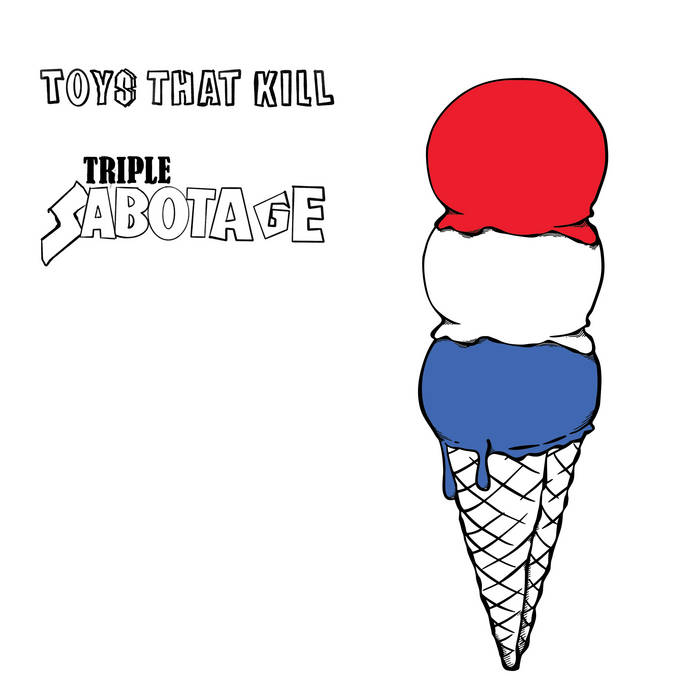“Oh, I’m breaking up with language / Oh, In search of something bigger than this”
Seven years after Dead Magic Anna von Hausswolff finally sings again on her new album - only to find that her voice is never enough. The conventional range of human and musical expression seems to be too small to convey the magnitude the Swedish artist aims for. And on the way towards her unreachable goals Iconoclasts grows to an unfathomable scale very few other contemporaries can match.
Von Hausswolff has always been this way. Only the tools at her disposal have changed since her piano-based 2010 debut Singing From The Grave. Back then she had already fleshed out an artistic identity which went far beyond just walking through the doors Kate Bush and Tori Amos had opened before. The consequence – and if necessary the required rawness -, with which she followed her emotions and instrumentally underscored them, proved that despite being capable of writing songs with Pop appeal and accessibilty, that has never been her primary goal. Therefore it is no wonder that when the combination of two incidents presented the possibilty of altering her music forever, she didn’t hesitate to embrace it. The first one was discovering the larger than life Drone of Dylan Carlson’s Earth. The other one was finding her love for playing church organs.
From 2012’s Ceremony on the pipe organ became the backbone of many of Anna von Hausswolff’s compositions, even resulting in several fully instrumental releases based on it. Meanwhile she went further into the world of the uncompromising monolithic edges of Rock music, going as far as not only touring with Swans and Sunn O))), but also collaborating with both bands as guest on their respective albums and openly displaying their influence in her own work, not as a lesser copy, but as a monumental force operating on eye level with the greatest. Arguably the pinnacle of her work so far, at least in my book, Dead Magic (2018) easily ranks among the most important albums of the millennium. So did Iconoclasts take seven years, because the sheer height of the bar set by herself intimidated the artist? I doubt it. She has just been very busy.
First of all the two-thousand-twenties started with her most ambitious and critically acclaimed organ album so far. She even toured through churches with All Thoughts Fly when most live music in Europe was still shut down. The trip included two cancelled / relocated shows in France due to religious zealots appearantly specialized in interfering with instrumental shows in houses of God. (Kali Malone and Stephen O’Malley later had their own experiences with this group and their absurd rationales, too.)
Further Anna released an absolute highlight of 2022 with the phenomenal Live At Montreux album. She also created several film scores and appeared in the lauded theater play Atlas Song, which even featured alternative versions of songs she had already written for Iconoclasts at this point. She battled returning demons, shed her skin, rebuilt her band. So here we are, looking upon the sum of all of her experiences, upon an album of huge scope and sound – and her having a lot to say.
Even on the “regular” albums which featured her voice, Anna von Hausswolff hasn’t been as present as a singer all throughout a release for a long time. Instead she treated her breathtaking vocal appearances as a luxury. On the epics of The Miraculous or Dead Magic her verses sometimes became rare, highly anticipated occurences of all the more thrilling enigmatic power. Not so on Iconoclasts. Even though the album still features completely instrumental pieces and passages, von Hausswolff has too much to tell about internal and external struggles to do it all without words. So her lyricism is mostly front and center in the spotlight. And almost like a proper Pop artist she even highlights her role as a singer by sharing that light with prominent guest-stars in duets with none other than Stooges legend Iggy Pop and current Alterative sensation Ethel Cain.
The thematic througline of Iconoclasts is “Facing Atlas”, facing the overwhelming weight and chaos of the world, while also fighting the darkness within oneself and confronting the inevitable challenges of family, relationships and age. Anna both poetically encrypts her message in ways that make it universally applicable for any listener, yet also doesn’t shy away from unsparing personal observations like “People are dying while I’m playing dead / I’m fucked up in my head” or even more poignant “Making up stories, fucking with evil / I’ll fuck everything up in my life / Give me some headspace, give me a mirror / I need to lean into myself for a while”.
Interestingly the phrasing “fucking with evil” seems like an intentional throwback to the repeated line “I made love to the devil” as a picture for drug abuse in “Pills” from her debut album. And these particular six words from a then ten years old song that would definitely not even be performed at a purely instrumental organ show, were the whole justification of the afore-mentioned French bigots for terrorizing the artist and her fans by blocking the entry to her appearance.
What drives people to become this way? The world is a bleak, irrational place. In a function and structure very similar to Björk’s “Black Lake” on her 2015 album Vulnicura the almost-title track “Iconoclast”, the longest piece and heart of the double album’s first half, spreads out and encapsulates its themes in all their kaleidoscopic extent: The inner world (“Who am I? Can I be your dream? Can I change your life?”), the bigger picture (“Don’t search for freedom in the states / Too many soldiers all around / And too many children in the ground”), the finitude of family (“Forgive your mother for growing old / Forgive your father for growing cold”) and finally the overcoming and finding of hope: “Find the abundance in your life / Cut out the anger with a knife / Look at it wildly, let it go / And accept the freedom in your soul”.
The musical illustration of the lyrics’ existential ambition undoubtly opens a new chapter in Anna von Hausswolff’s discography, but it rests on three pillars, of which two are well-known and thoroughly tested: The first is the church organ. It remains the droning atmospheric foundation of almost all pieces. The second is the collaboration with producer and multi-instrumentalist Filip Leyman, who has been her constant musical partner for so long that it’s impossible to tell where one ends and the other begins. And when you listen to his recently released first solo album Soft Light it’s very easy to imagine both Anna’s voice or organ accompanying his Electronic Ambient compositions. His contributions are deeply embedded everywhere. He co-wrote some tracks, played synthesizers and drums all over the album and shared guitar duty with Anna and a couple of other players.
The third pillar – and almost equally as present and defining – is the addition of brass, namely saxophone and clarinet, both performed by Otis Sandsjö, who even opens the whole album, immediately establishing the new sonic environment. His breathy emotional playing willfully allows rattling and other ambient noises of the instrument, yet also carries itself over to huge crystal-clear crescendos and harmonies with the string ensemble, which is of course also a thing on a work which strives for big sound and elemental grandeur as much as this one. Several times the saxophone indeed is the voice bigger than language, which takes over when the singer has fully exhausted all the ethereal, dramatic and banshee-like heights of her voice.
Yet speaking of the sheer size, it’s remarkable how the album doesn’t waste any of its over seventy minutes of playing time and keeps holding your attention. I daresay that none of Anna von Hausswolff previous albums has been sequenced as perfectly as this one.
The first seven tracks would already make a fantastic album almost on par and of similar size as Dead Magic on their own. You have the overture “The Beast” and the relatively short but bombastic first full song “Facing Atlas” at the beginning, followed by the epic title track which safely secures the album’s status a s future classic. The easier accessible hit single “The Whole Woman”, in which one of Anna’s more held back performances mixes with the deep, slightly quirky vibrato of Iggy Pop, is immediately balanced out with one of the most abstract and Ambient pieces. Apposite to its title “The Mouth” emphasizes the hard consonants of the vocals in a way that cleverly mirrors the use of noises in the quieter saxophone parts. The subsequent “Stardust” is another huge song, which sonically both reaches up to the cosmos and grounds itselfs and binds you with its heavy irresistable groove. The perfect counterpoint to “Iconoclast” in the big picture. We’ve got almost everything we think we wanted by now and the following orchestral ballad “Aging Young Women” featuring the warm calming voice of Ethel Cain seems like the ideal finale and closer to finish this hypothetical shorter version of the album.
But what happens now? As if we’re in fact entering a new album – not even necessarily by Anna von Hausswolff herself, but maybe rather by Patrick Shiroishi - the extremely brass-heavy instrumental “Consensual Neglect” distinctly hits the reset button. And it’s followed up by the next epic, which sounds completely different to anything which has happened before. Up to the three-and-a-half-minute point, when Anna’s vocals join, you could easily sell me the Heavy Jazz/Metal Fusion of “Struggle With The Beast” as a song by Seven Impale. Which is not a copycat allegation, but the other way around an urgent recommendation to check out the Norwegian’s 2023 masterpiece Summit (See my review here!), if you haven’t done so yet. But even though this unexpected band sound is introduced so far in the back of the album, the song’s catchy main lick actually is a continuation of the motif from the very beginning in “The Beast” and immensly helps tieing everything together.
Anna still isn’t done though. While everything after the rocking banger feels introverted in comparison, all three tracks keep introducing new ground the album hasn’t covered before. An Ocean Of Time is a slow textural piece pairing far away heavenly vocals with pure Drone – with the twist that for a change not the organ provides the low frequencies, but the synths and effects of Italian solo artist Abdul Mogard.
She’s provided artwork and directed her videos, they sang harmonies together on special live occasions and appeared together on Swans’ 2019 album Leaving Meaning. “Unconditional Love” however is the first proper lead vocal duet of Anna with her older sister Maria von Hausswolff - and the purest manifestation of stainless beauty Iconoclasts has to offer.
Just one short and typical ominous organ Drone with the final instrumental “Rising Legends” now and an exceptional masterpiece fades into silent black void. But be assured: Iconoclasts will resurface, not only innumerable times on the music players of your choice, but also on the top of many AOTY lists. It certainly is a frontrunner for mine, ready to tear down any rivalling icon in its way.

